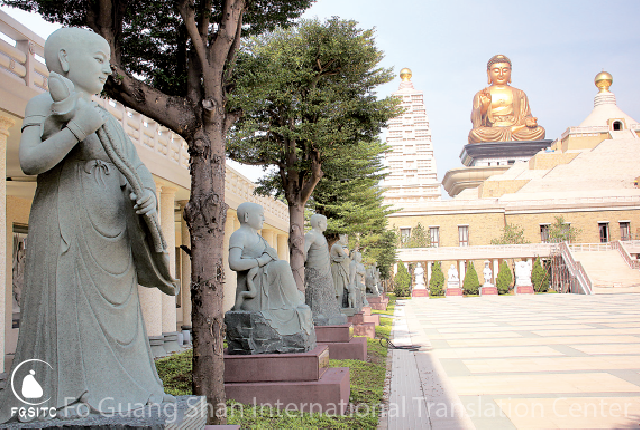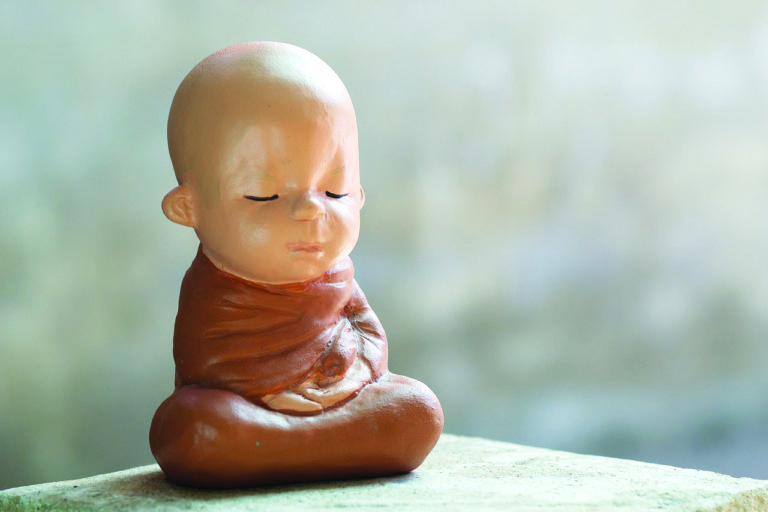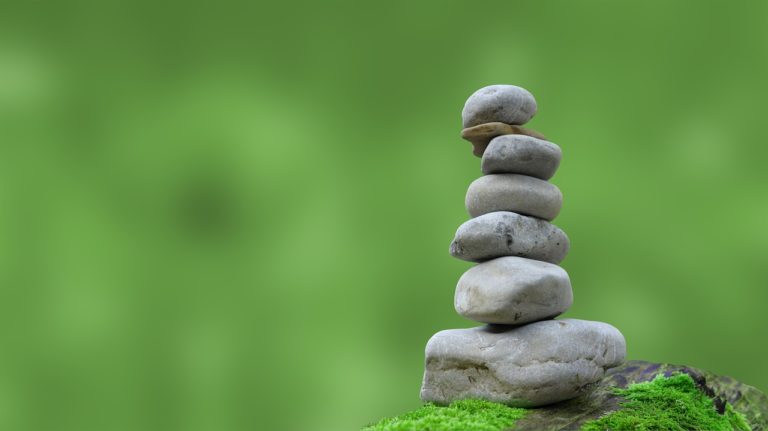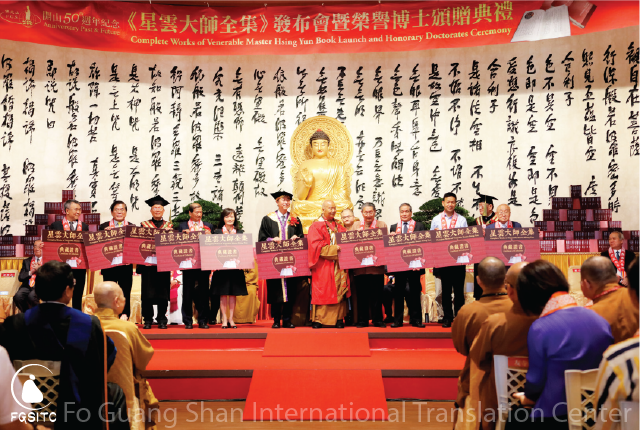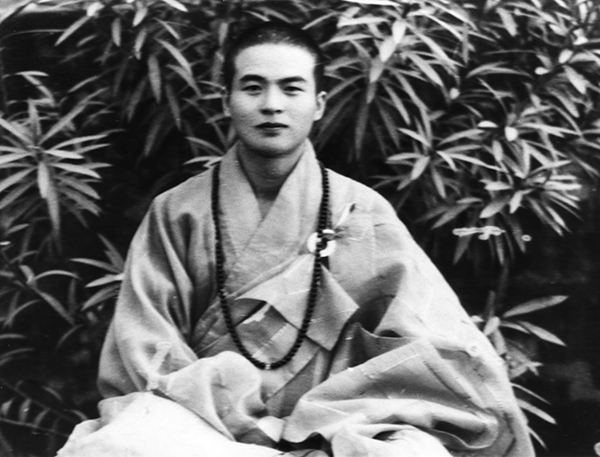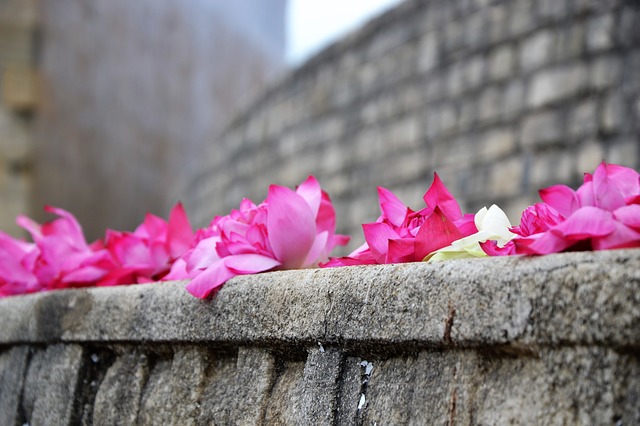
The Buddhist precepts are here to protect us from wrongdoing, lead us away from what is bad, and towards what is good. Vinaya Master Daoxuan of the Tang dynasty composed the Simplified and Amended Handbook of the Four-Part Vinaya [Sifenlü Shanfan Buque Xingshi Chao], in which he analyzed the precepts in terms of their “rules,” “essence,” “practice,” and “characteristics.” When one puts the actual rules of the precepts into practice, the body and mind receive the essence of the precepts. When this happens, that essence is expressed through the practice of being pure in body, speech, and mind.
The precepts are, quite clearly, essential to our lives.
The Buddhist precepts are like the pleasant fragrance of a lotus flower. When someone practices the precepts purely the fragrance of the precepts pervades the whole world, and that person is praised everywhere he goes. The Sutra on the Fragrance of the Precepts [Jie xiang jing] says,
The fragrances of all the flowers and fruits in the world, even sandalwood and musk, cannot be sensed everywhere. Only the fragrance of the precepts pervades the whole universe.”
Those who practice the precepts will gain the characteristics of the precepts and radiate them outwards. Such people will have a naturally majestic and dignified bearing and always act in a moral way. Practicing the precepts can purify our bodies and minds, improve our morality, refine our character, and reveal our Buddha nature. By practicing the precepts we can be sure that our motivation will not fail us, and that we will be endowed with all the merits of practicing the precepts.
Buddhist morality has many different facets, each of which helps to improve our lives. The five precepts and the ten wholesome actions help us develop a sound human character, the conduct of Buddhist sages helps elevate our morality, and the bodhisattva’s wisdom of emptiness helps us understand the mind and see our nature. Whatever comes from a compassionate mind and neither contradicts secular law nor the gets in the way of benefiting all living beings can lead us to fulfill our human character and become enlightened.
Buddhism is a religion that advocates equality. In Buddhism it is said that everyone can become a Buddha. In fact, we should not disrespect anyone, for they too will one day become a Buddha. It is by observing the precepts that this unique quality is created and refined, until we reach the goal of respecting human rights and the right to life. We must reach this goal to truly elevate the moral
character of all human beings.
We should each strive to have the great kindness, great compassion, great wisdom, and great practice of the Buddhas and bodhisattvas.
Buddhist morality goes far beyond the precepts. Such qualities as connecting with others through generosity, forgetting others’ past misdeeds, having remorse, watching over the six sense organs, and being a good friend are part of Buddhist morality as well. Being grateful for the kindness we receive is also part of Buddhist morality, for we should be grateful for the kindness offered to us by our parents, other living beings, our country, and the Triple Gem. We should apply skillful means, bring benefit and happiness to all living beings, give to everyone universally, and spread the teachings far and wide. We should be tolerant, gentle, mindful, and always have kind words for others. All of this is part of Buddhist morality.
It is by applying the five precepts, the ten wholesome actions, and the three categories of bodhisattva precepts that it becomes possible to fulfill our human character, attain enlightenment, benefit all, and liberate ourselves and others. This is why the Buddhist precepts are so admirable, and why encouraging all to undertake and practice them is the ultimate goal of Humanistic Buddhist Morality.
From For All Living Beings, written by Venerable Master Hsing Yun.
Image from Pixabay.


